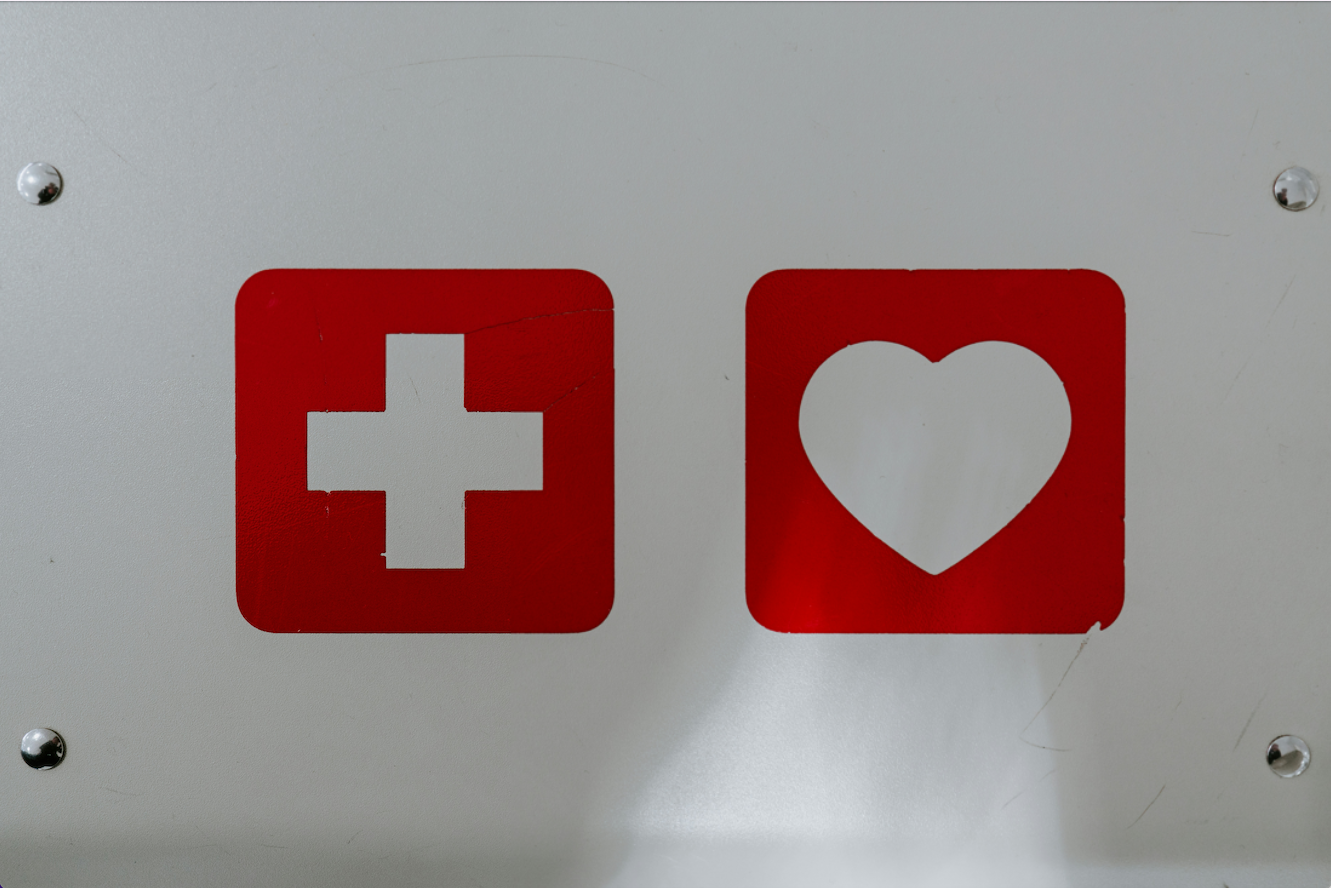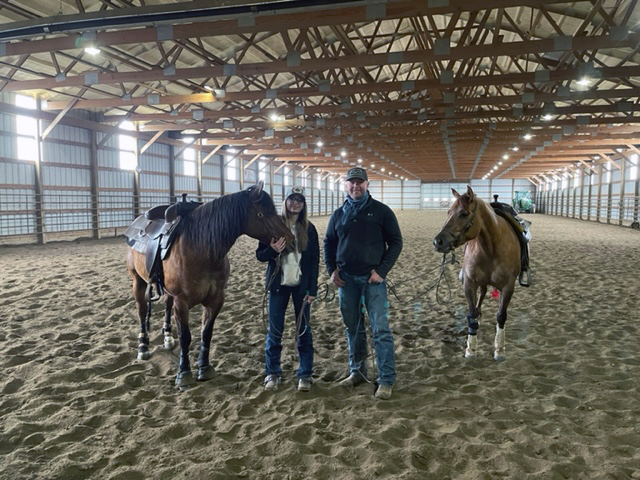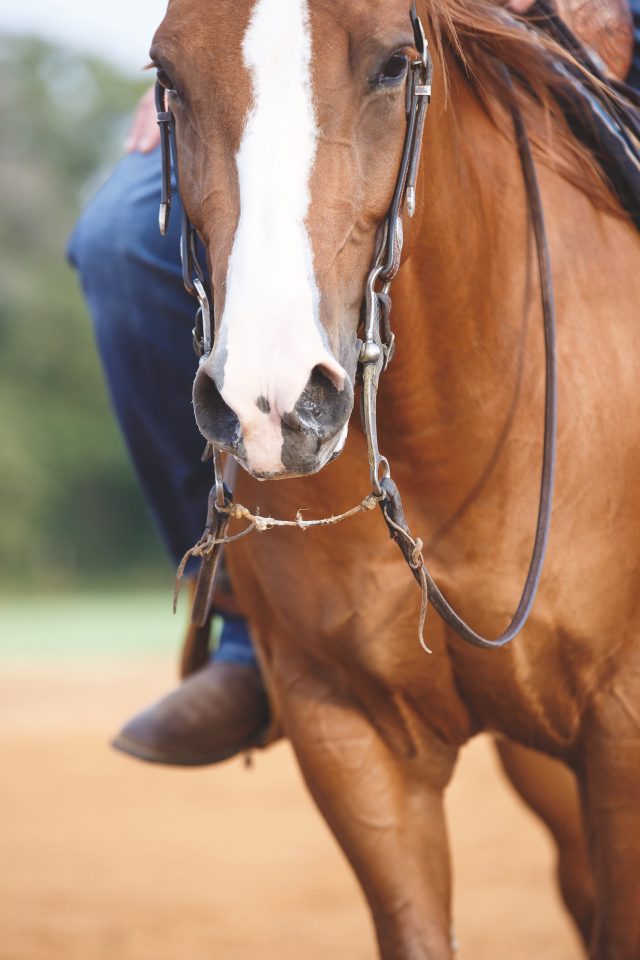When faced with a worst-case scenario, how will you share information with your clients?
By Katie Navarra

When everything is running smoothly, you feel like you can conquer anything life throws your way. A major win at an event or even a breakthrough in a horse’s training rewards the long hours and hard work of your profession. But there’s a chance you’ll have to address a crisis—whether it’s your own health, the health of a client’s horse, or the force of Mother Nature.
“Most people simply don’t know what to do in a crisis,” said David Fuscus, president and CEO of Xenophon Strategies, a Washington D.C. public relations firm. “Chances are, 99% of the time if you’re involved with a crisis, it’s the first time you’ve been involved in one. You have to shape the story that comes wherever that plays out—the media, social media, or within the industry.”
It’s impossible to predict every scenario, but here are five situations that you’re likely to encounter as an NRHA Professional and tips for working through them, with tips from Bud Roebuck and Devin Warren, in this four-part series.
Part 1: Devastating Weather Event
The Crisis: Rider Injury
Devin Warren remembers the first time he called an ambulance for a client. The rider fainted in his Franktown, Colorado, barn. He was unaware that she had low blood sugar and didn’t know who to call.
“I didn’t know her insurance or where she wanted to go,” he said. “Now I have all customers fill out medical forms.”
First step: Call first responders and contact the client’s designated contact.
Having all this information is key to providing your clients with the help they expect and minimizing your liability.
Getting word out: Let the client decide how much information to share. Barns build communities where people care about one another’s health and well-being. When it comes to medical issues, it’s important to balance sharing information with confidentiality—especially when minors are involved. Asking an adult rider and/or a youth’s parents what details can be shared can help guide the messages that show empathy while respecting privacy.
Follow up: Evaluate what worked and what didn’t. Planning for every scenario and predicting every accident is impossible. Even with the best preparation, there are still times you’ll have to ad lib, Warren said. Assessing the situation by reviewing what worked well and what you’d do differently should it happen again is key.
Read the rest of this article at the links above.



